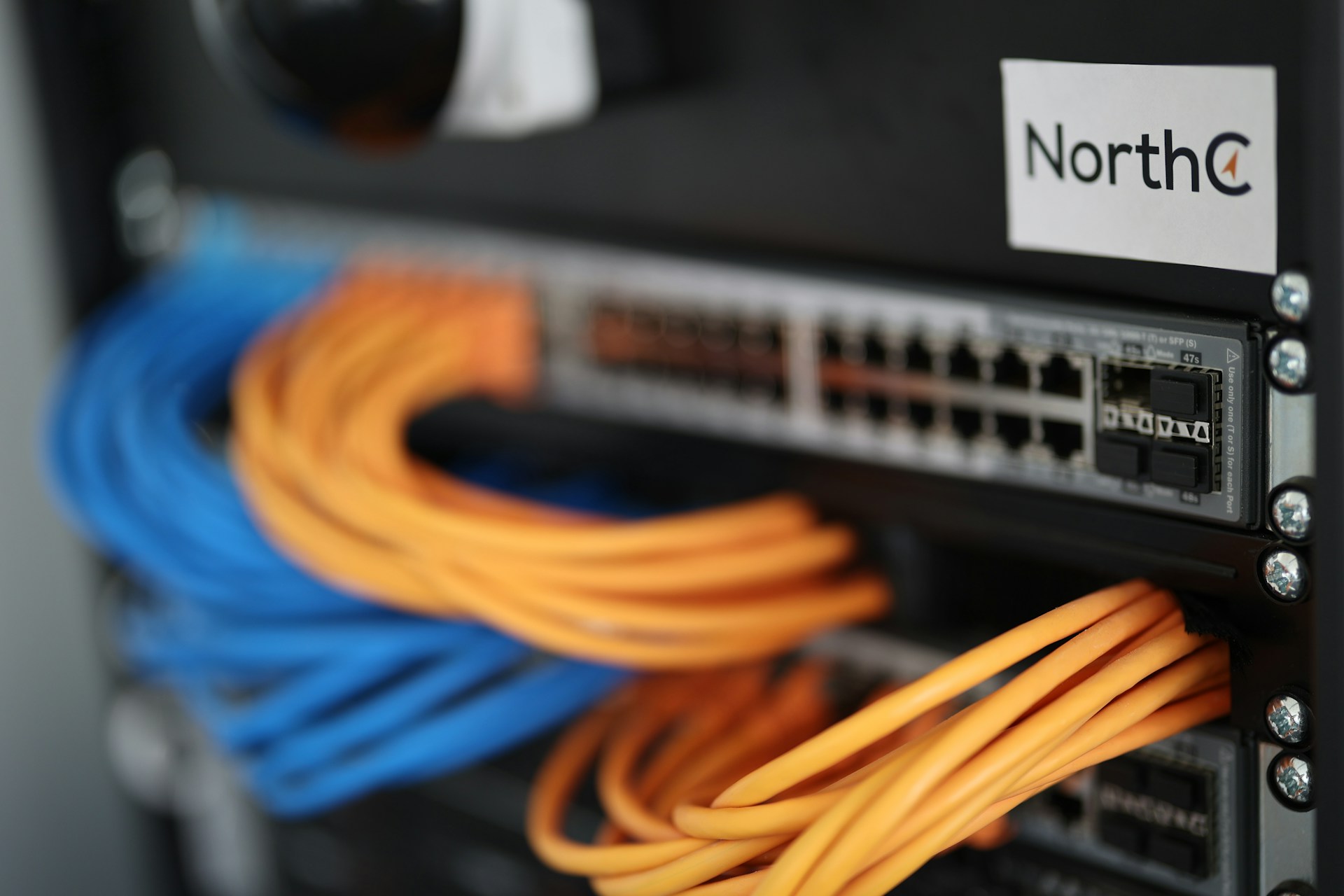When creating a website, one of the first questions you’ll ask yourself is: which type of hosting should I choose? Today, there are several solutions available, each with its advantages and disadvantages depending on your needs. Whether you opt for a dedicated server, shared hosting, cloud, or an autoscale solution, the choice can seem complex. Here’s a guide to help you better understand each option and choose the one that best suits your project.
Dedicated Server
A dedicated server is a physical machine entirely reserved for a single user or company. Unlike shared hosting, you have full control over the server, including the operating system settings, installed software, and configuration.
Advantages:
- Maximum performance: Since you’re not sharing resources, your site benefits from the full power of the server.
- Increased security: Since you’re the sole user, the risk of security breaches caused by other users is reduced.
- Complete customization: You have the freedom to install and configure software and resources according to your needs.
Disadvantages:
- High cost: This is generally one of the more expensive options, as you pay for an entire server, even if you don’t use all of its capacity.
- Complex management: It requires technical skills or a management service to maintain the server, especially concerning security and updates.
Shared Hosting
Shared hosting is the most common option for small websites or blogs. As the name suggests, several users share the resources of a single server.
Advantages:
- Very affordable cost: It’s one of the cheapest options, ideal for small budgets.
- Ease of use: Most shared hosting providers offer a user-friendly interface, making it perfect for beginners without much technical knowledge.
- Included maintenance: The hosting provider manages the server, so you don’t have to worry about technical aspects.
Disadvantages:
- Limited performance: Sharing server resources can cause slowdowns if other sites on the same server receive significant traffic.
- Less control: You cannot configure the server according to your specific needs.
- Security: If another site on the server is hacked, it could affect the security of your website.
Cloud Hosting
Cloud hosting relies on multiple interconnected servers, creating a distributed network of resources. Instead of being limited to a single physical server, your site uses resources from several servers.
Advantages:
- Scalability: You can easily adjust resources (CPU, RAM, storage) based on demand, which is perfect for sites with fluctuating traffic.
- Reliability: If one server fails, another automatically takes over, ensuring high availability.
- Pay-as-you-go: You only pay for the resources you actually use.
Disadvantages:
- Variable cost: Although you only pay for what you use, it can become expensive if your traffic suddenly increases without proper resource management.
- Complexity: Managing a cloud infrastructure may require technical expertise or the assistance of a professional to optimize it.
Autoscale Hosting
Autoscale is a technology primarily used in cloud environments, which automatically adjusts your server’s resources based on demand. If your site experiences a sudden spike in traffic, the system allocates more resources, and it scales down when demand decreases.
Advantages:
- Resource optimization: You always have the necessary resources without paying for unused capacity during low traffic periods.
- Better traffic management: During traffic spikes, autoscale ensures your site remains accessible and performs well without human intervention.
- Cost adapted to real usage: You only pay for the resources used, not for maximum capacity that you might not use permanently.
Disadvantages:
- Unpredictable cost: Although you only pay for resources used, a significant traffic increase can quickly drive up costs.
- Technical complexity: Implementing autoscale requires advanced technical skills, especially for configuring thresholds to trigger additional resources.
Which Solution Should You Choose?
The choice between dedicated server, shared hosting, cloud, and autoscale primarily depends on the size of your website, your budget, and your performance and flexibility needs.
- If you have a small site or a personal blog and are looking for an affordable option, shared hosting is probably sufficient.
- For an e-commerce site or a business website requiring high performance and enhanced security, a dedicated server is ideal.
- If your site has fluctuating traffic or you want a scalable solution, cloud hosting is a flexible option.
- If you manage a site with unpredictable traffic spikes, autoscale is the perfect solution to automatically adjust resources based on demand.
There’s no one-size-fits-all solution for every project. Take the time to analyze your needs, budget, and expected performance level before making your choice. If you have specific questions or needs, don’t hesitate to consult an expert to guide you through this strategic decision.
